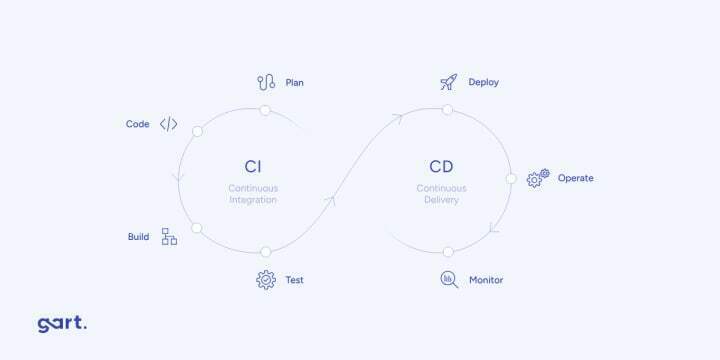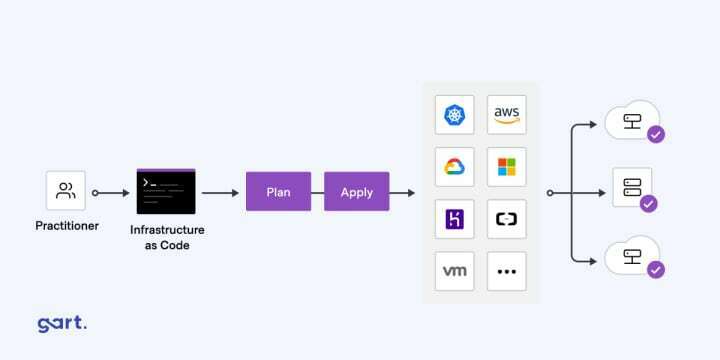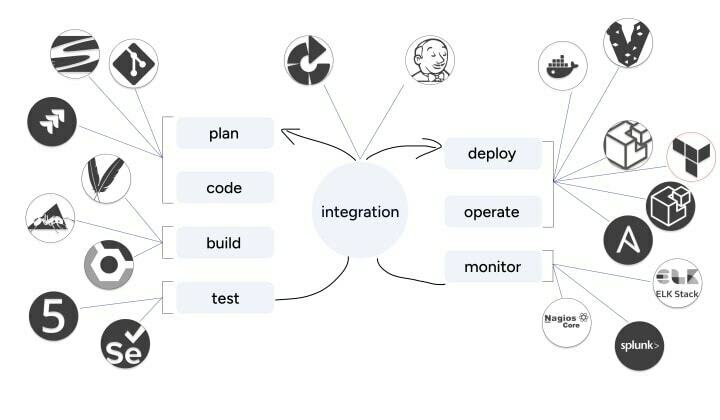Mobile DevOps refers to the application of DevOps principles and practices in the context of mobile app development. DevOps is a set of practices that aims to automate and improve the collaboration between development (Dev) and operations (Ops) teams to deliver high-quality software more efficiently.
When applied to mobile development, Mobile DevOps focuses on streamlining the process of building, testing, deploying, and monitoring mobile applications.
Key aspects and features of Mobile DevOps include:
Continuous Integration (CI)
Integration of code changes into a shared repository multiple times a day. This involves automatically building and testing the application to identify and address integration issues early in the development process.
Continuous Delivery (CD)
The practice of automatically deploying code changes to a staging or production environment after successful CI. This ensures that software can be released to users quickly and reliably.
Automation
Mobile DevOps heavily relies on automation to streamline various processes, including building, testing, and deployment. Automation helps reduce manual errors, accelerates release cycles, and ensures consistency.
Version Control
Effective version control is crucial in Mobile DevOps. Tools like Git are commonly used to manage and track changes to the source code, enabling collaboration among developers and ensuring a reliable codebase.
Testing Automation
Mobile DevOps emphasizes automated testing to ensure the quality of mobile applications. This includes unit tests, integration tests, and UI tests performed automatically as part of the CI/CD pipeline.
Deployment Automation
Automating the deployment process for mobile apps is essential for consistent and error-free releases. Tools like Fastlane or Microsoft App Center can be used to automate the deployment of apps to app stores.
Monitoring and Analytics
Mobile DevOps includes monitoring applications in real-time to identify and address performance issues, crashes, and other issues. Analytics tools help teams understand user behavior and make data-driven decisions for improvements.
Collaboration and Communication
Effective communication and collaboration among team members are vital for successful Mobile DevOps. Tools like Slack, Microsoft Teams, or Jira facilitate communication and collaboration throughout the development lifecycle.
Infrastructure as Code (IaC)
Managing infrastructure (such as server configurations) as code helps ensure consistency across different environments and simplifies the process of provisioning and managing infrastructure resources.
Security Integration
Integrating security practices into the Mobile DevOps pipeline is crucial to identify and address security vulnerabilities early in the development process. This includes automated security testing and code analysis.
Popular tools for Mobile DevOps include Jenkins, GitLab CI/CD, Travis CI, Fastlane, Microsoft App Center, and various cloud-based services like AWS Device Farm and Google Firebase Test Lab.
By adopting Mobile DevOps practices and tools, development teams can achieve faster and more reliable delivery of mobile applications, resulting in improved collaboration, higher-quality software, and better user experiences.









Top comments (0)